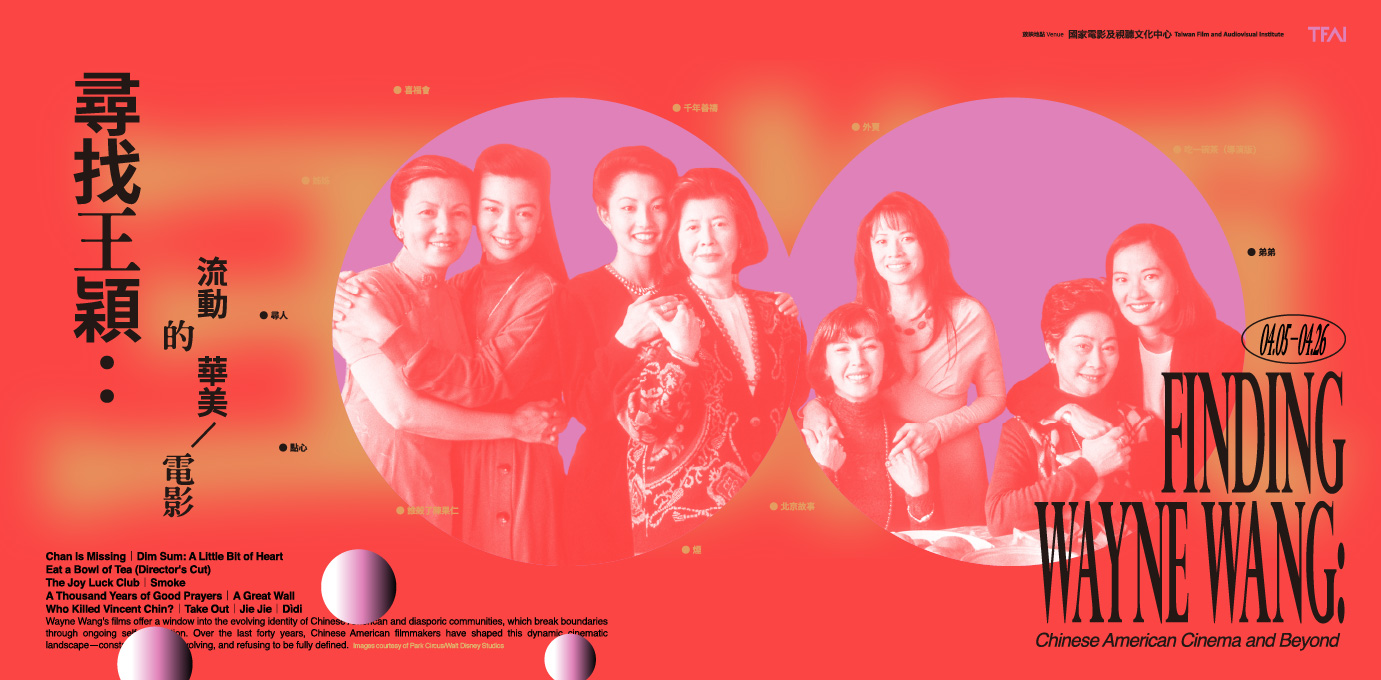
In the past, Chinese characters in American films might have had kung fu skills like Bruce Lee, possessed “mysterious Oriental powers,” been portrayed as treacherous and cunning, run a laundry shop, or served as comic relief. For many years, Asian filmmakers in Hollywood have tried to break through and overturn these ethnic stereotypes on the big screen. This April, the Taiwan Film & Audiovisual Institute (TFAI) presents “Finding Wayne Wang: Chinese American Cinema and Beyond”, a themed program that invites pioneering Chinese American director Wayne Wang to Taiwan, guiding audiences through his body of work to explore how the emerging narratives of diverse ethnic communities have found their voice.
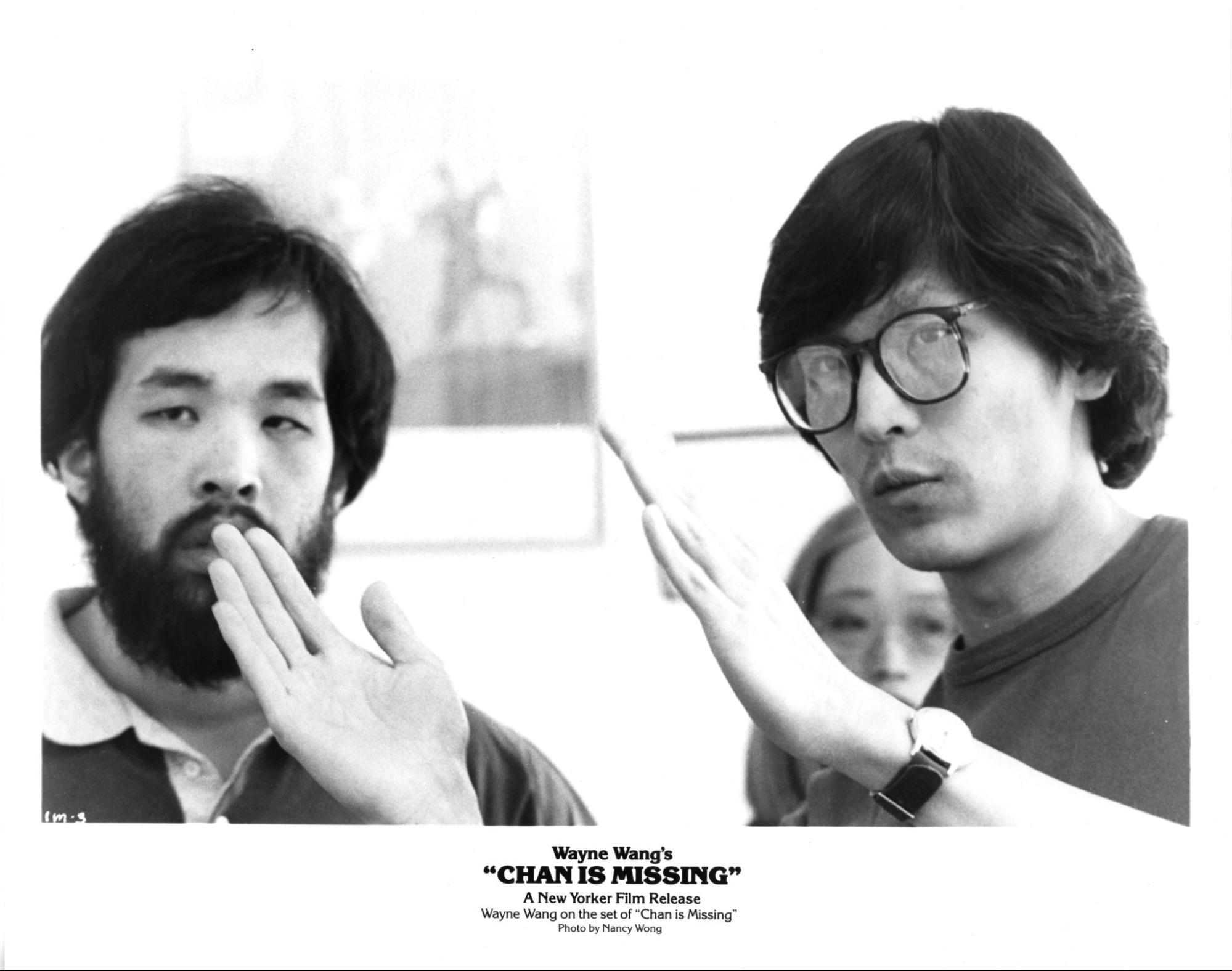
➤ Wayne Wang (right) was born in Hong Kong and grew up in a traditional Chinese family. After studying in the US, he completed his first feature film in San Francisco’s Chinatown. Behind-the-scenes photo from Chan Is Missing. (Photo by Nancy Wong)
From Ang Lee’s The Wedding Banquet (1993) to new-generation filmmaker Jon M. Chu’s Crazy Rich Asians (2018) and Daniel Kwan’s Everything Everywhere All at Once (2022), films by Chinese American directors have continued to make waves on the global stage. However, before these filmmakers rose to prominence, Wayne Wang from Hong Kong had already made his mark in the US during the 1980s. Born in Hong Kong to a traditional Chinese family, Wayne Wang moved to the US in his teens to study and later made his way to San Francisco’s Chinatown for work and to collect Chinese stories. Eventually, on an extremely low budget, he made Chan Is Missing (1982), America’s first theatrically released feature film about Chinese American experiences directed by a Chinese filmmaker. He later shot to fame with The Joy Luck Club (1993), establishing himself as a pioneer of Chinese American cinema.
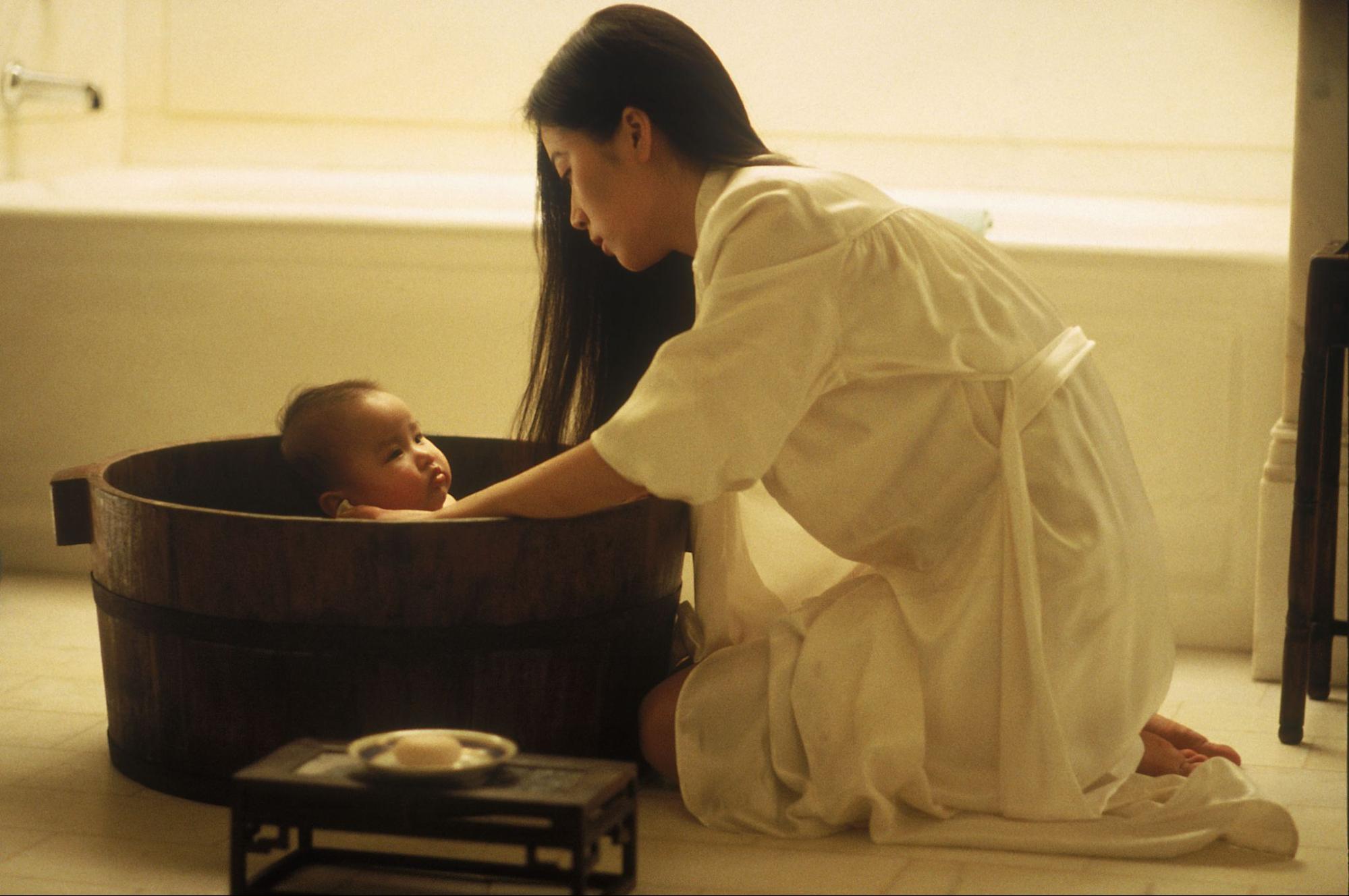
➤Wayne Wang’s breakthrough film, The Joy Luck Club, traces the family memories of Chinese immigrants. (Courtesy of Park Circus/Walt Disney Studios)
TFAI’s April program, “Finding Wayne Wang: Chinese American Cinema and Beyond,” showcases the diversity and complexity of Chinese American communities through a curated selection of films, with Wayne Wang himself coming to Taiwan to participate in a range of talks and Q&As. Wayne Wang’s films often revolve around cultural collisions between East and West, interethnic integration, and the joys and hardships of immigrant life; they are explorations of self-identity, as well as inquiries into the essence of the self. His debut feature, Chan Is Missing, tells the story of taxi driver Jo, whose search through the streets of San Francisco for his missing friend Chan inadvertently uncovers a financial and political scandal in Chinatown. Utilizing a noir-style suspense narrative, the film delicately captures the real feel of Chinatown, earning praise from The New York Times upon its release, and was later selected for preservation in the US National Film Registry by the Library of Congress.
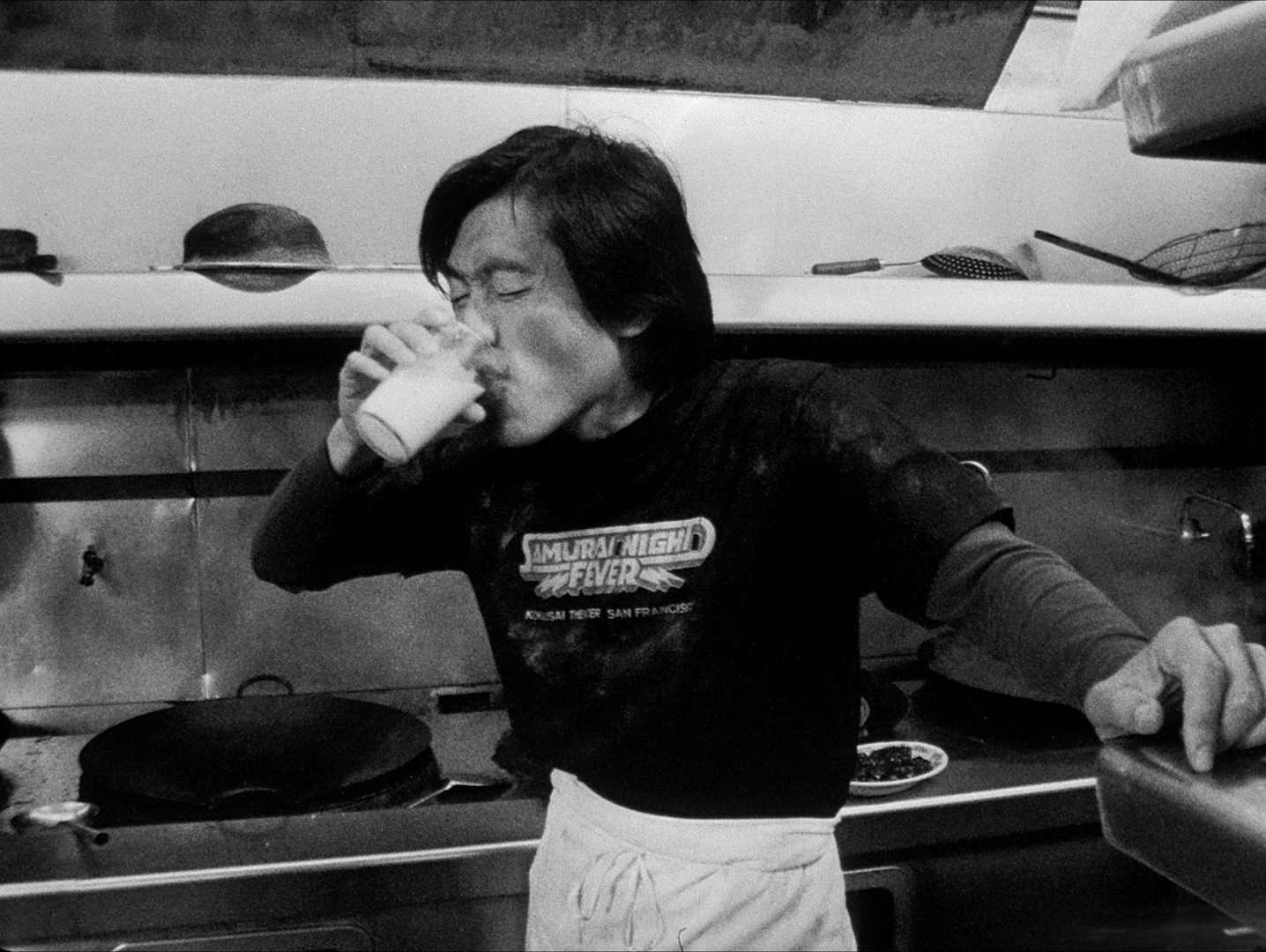
➤Chan Is Missing is the first theatrically released feature film in the US directed by a Chinese filmmaker that centers on Chinese American experiences. Photo of actor Peter Wang. (Courtesy of TFAI)
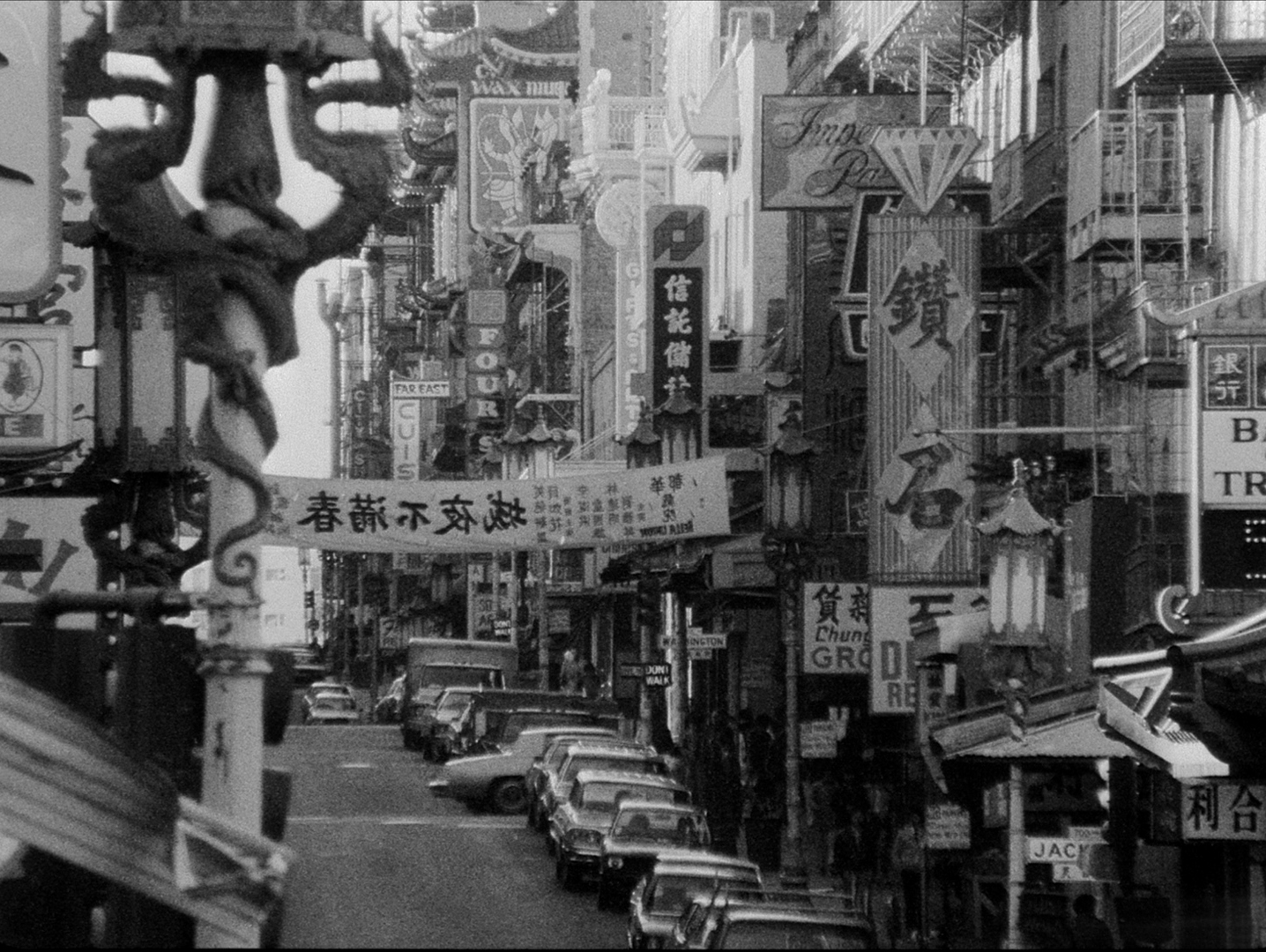
➤Wayne Wang’s debut feature, Chan is Missing, authentically captures San Francisco’s Chinatown in the 1980s. (Courtesy of TFAI)
Chan Is Missing, Dim Sum: A Little Bit of Heart (1985), and Eat a Bowl of Tea (1989) form Wayne Wang’s “Chinatown Chronicles”, establishing his unique narrative style and thematic focus on familial relationships. In the 1990s, he received backing from Disney to direct The Joy Luck Club, an award-winning film with a predominantly Asian cast and crew that tenderly portrays the family memories of Chinese immigrants. Even three decades later, the film resonates deeply with Asian audiences familiar with the pressure to meet parental expectations. The film’s mother-daughter dialogue, such as “Should eat more! Too skinny!” and “Well, I thought you said I was getting fat,” remains iconic. Through the subtleties of these character interactions and the revelation of their values, Wayne Wang delivers a nuanced and authentic portrayal of Asian American communities.
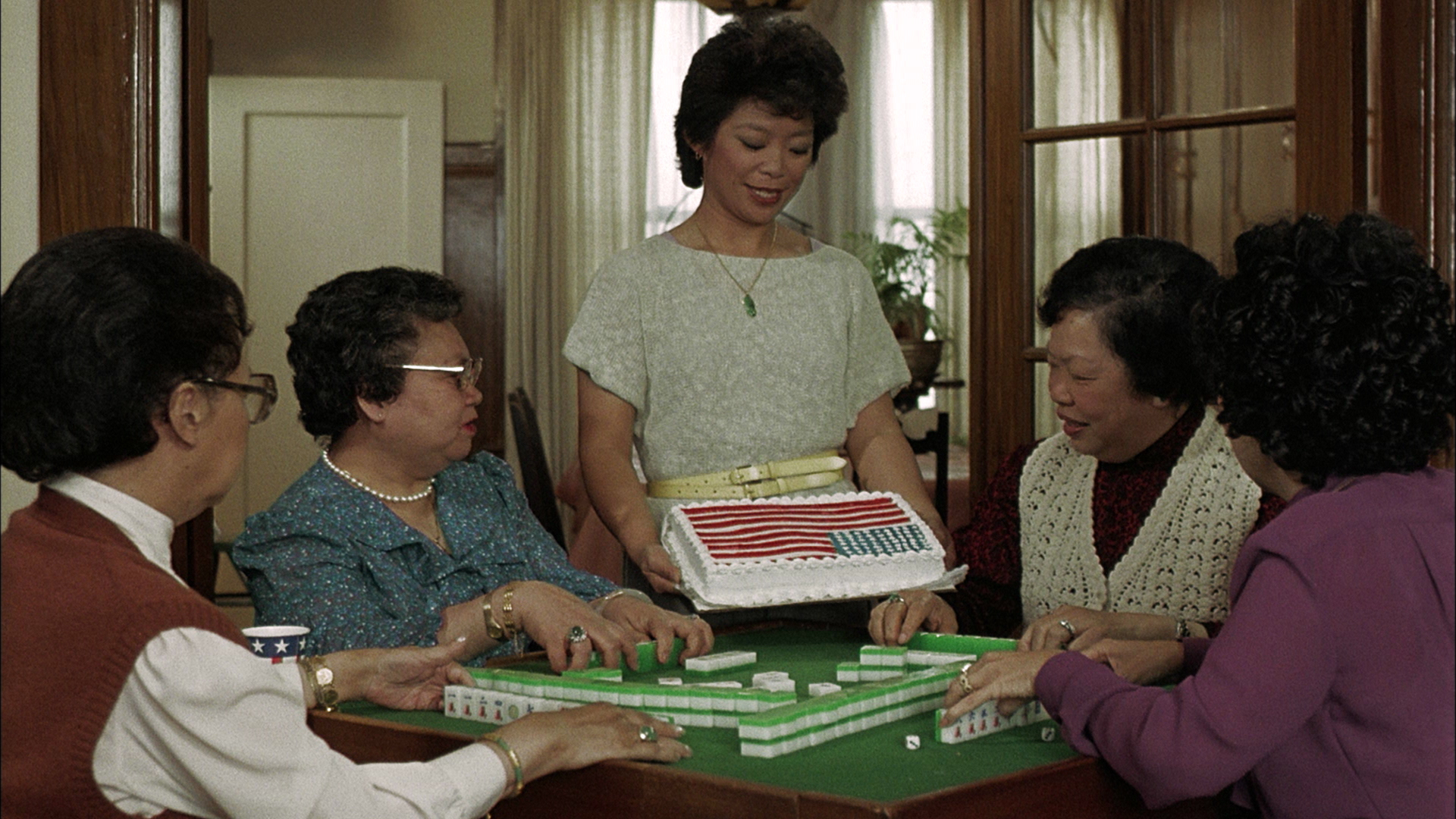
➤“Finding Wayne Wang: Chinese American Cinema and Beyond” will screen Wayne Wang’s trilogy “Chinatown Chronicles”. Still shot from Dim Sum: A Little Bit of Heart. (Courtesy of TFAI)
This program features screenings of representative works from different periods of Wayne Wang’s career, including Smoke (1995), which deliberately moved away from Chinese American subjects and won an award at Berlinale, as well as A Thousand Years of Good Prayers (2007), which marked his return to independent productions after working within the Hollywood studio system. Additionally, the program includes numerous Chinese American films that echo Wayne Wang’s works, such as the Oscar-nominated documentary Who Killed Vincent Chin? (1987); A Great Wall, an autobiographical piece by renowned writer and Chan is Missing actor Peter Wang that captures everyday life in old Beijing; Take Out, co-directed by Taiwanese filmmaker Tsou Shih-ching and Sean Baker, the Oscar-winning director of Anora, which depicts survival stories of undocumented migrants in New York; and the back-to-back screenings of Sean Wang’s Didi (2024) and Feng-i Fiona Roan’s Jie Jie (2018), both of which come from new-generation filmmakers and explore an adolescent's inner struggles and deep yearning for understanding that come with growing up in an immigrant family.
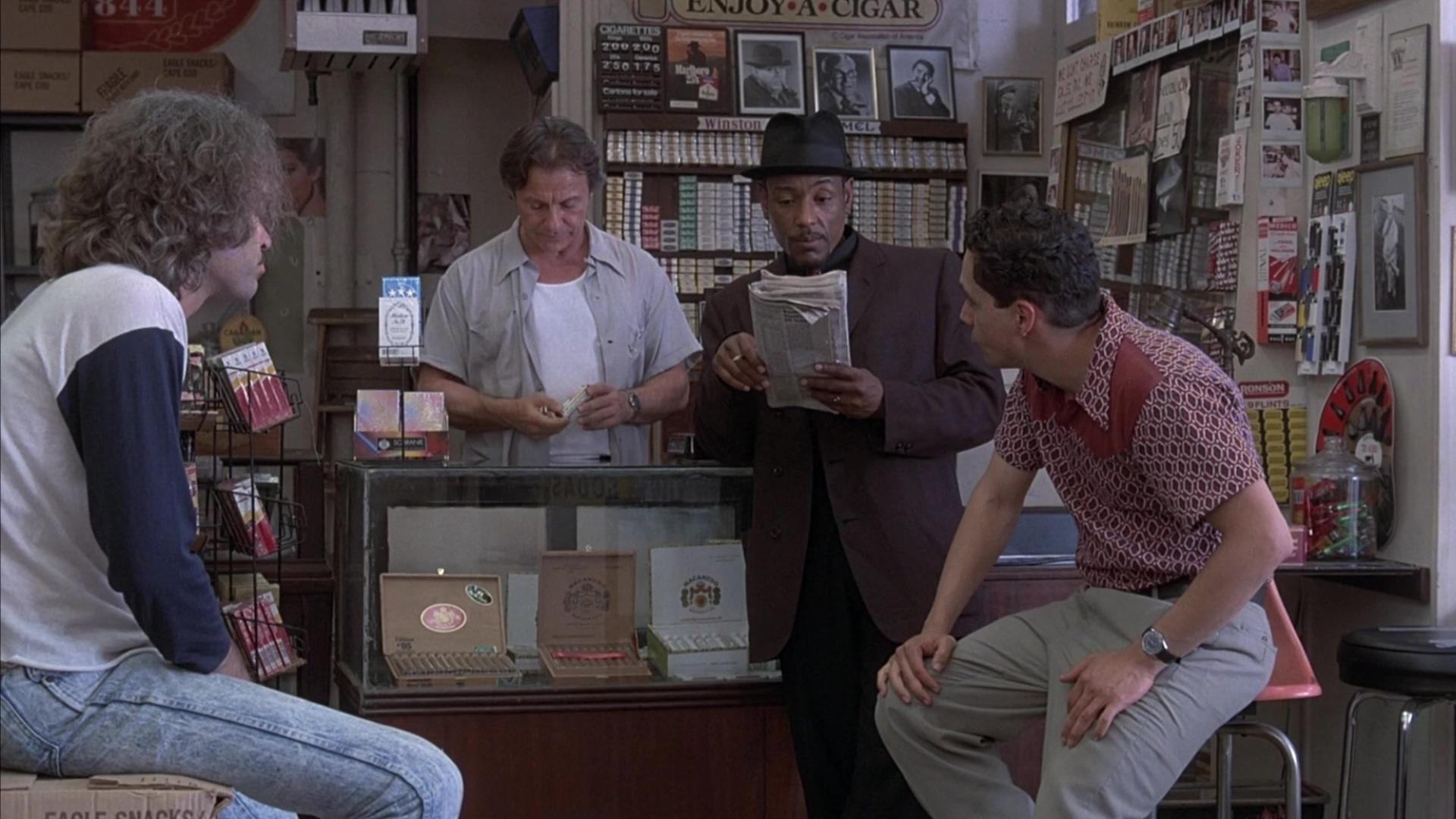
➤“Finding Wayne Wang: Chinese American Cinema and Beyond” will screen representative works from different periods of Wayne Wang’s career. Still shot from Smoke, which deliberately avoids Chinese themes. (Courtesy of TFAI)
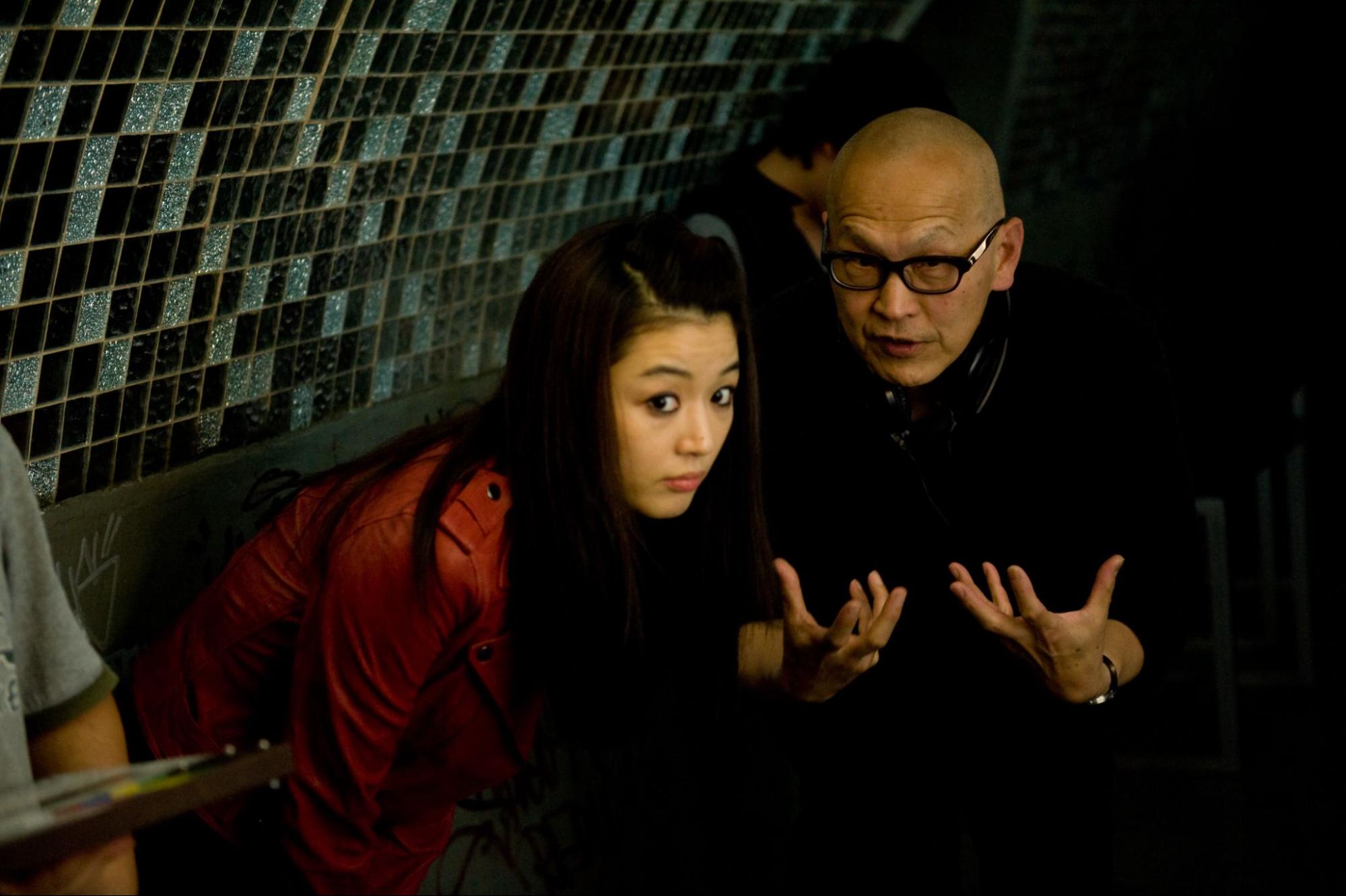
➤Wayne Wang’s filmmaking career spans both the independent film and Hollywood studio systems. Behind-the-scenes photo with South Korean actress Jun Ji-hyun from the set of Snow Flower and the Secret Fan. (Courtesy of TFAI)
During the program period, directors Wayne Wang and Peter Wang will personally attend many of the screenings to participate in talks and Q&As, while Take Out actor Johnny Yu will be present to introduce the film at its first-week screening. Moreover, Wayne Wang will deliver a masterclass on the evening of April 18, in which he will discuss the selected films, share his invaluable insights from working in both the US independent film and Hollywood studio systems, and talk about his experiences collaborating with stars such as Harvey Keitel, Gong Li, Natalie Portman, and Jennifer Lopez.
Finding Wayne Wang: Chinese American Cinema and Beyond
Dates: April 5 to April 26
Tickets: https://www.tfai.org.tw/en/program/seriesList/2c9680829428366a01957f25a6840298

